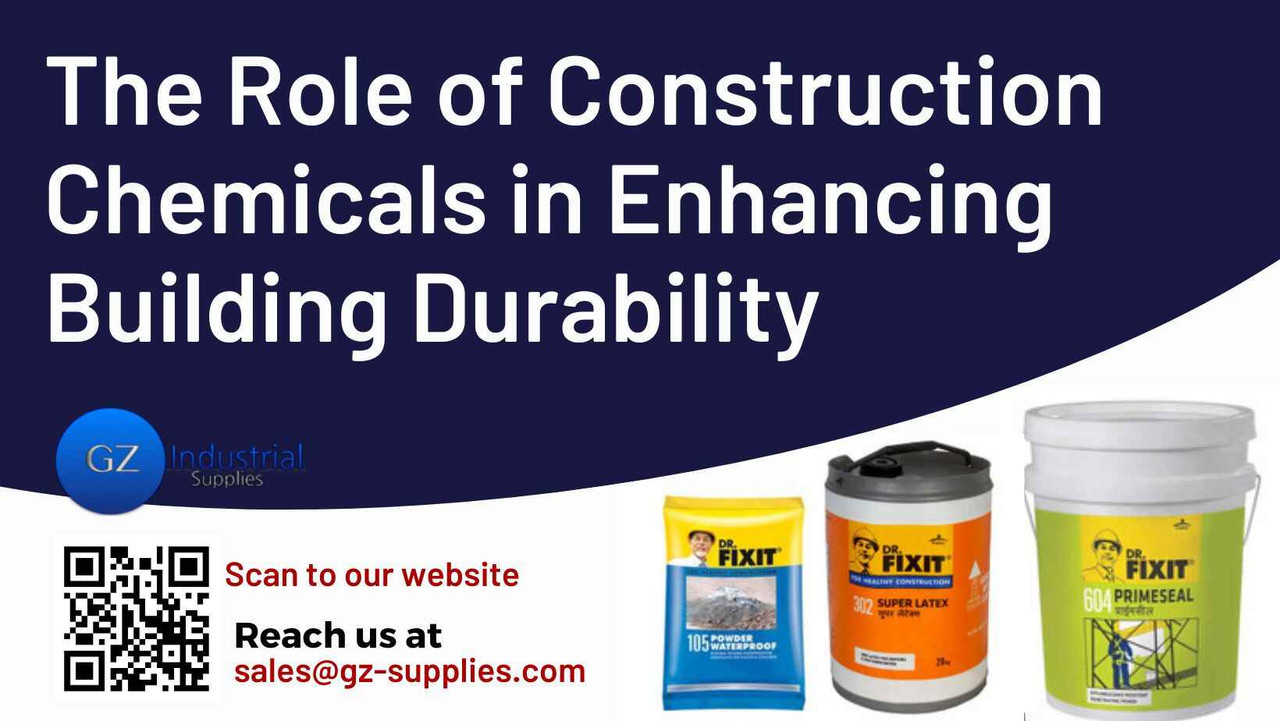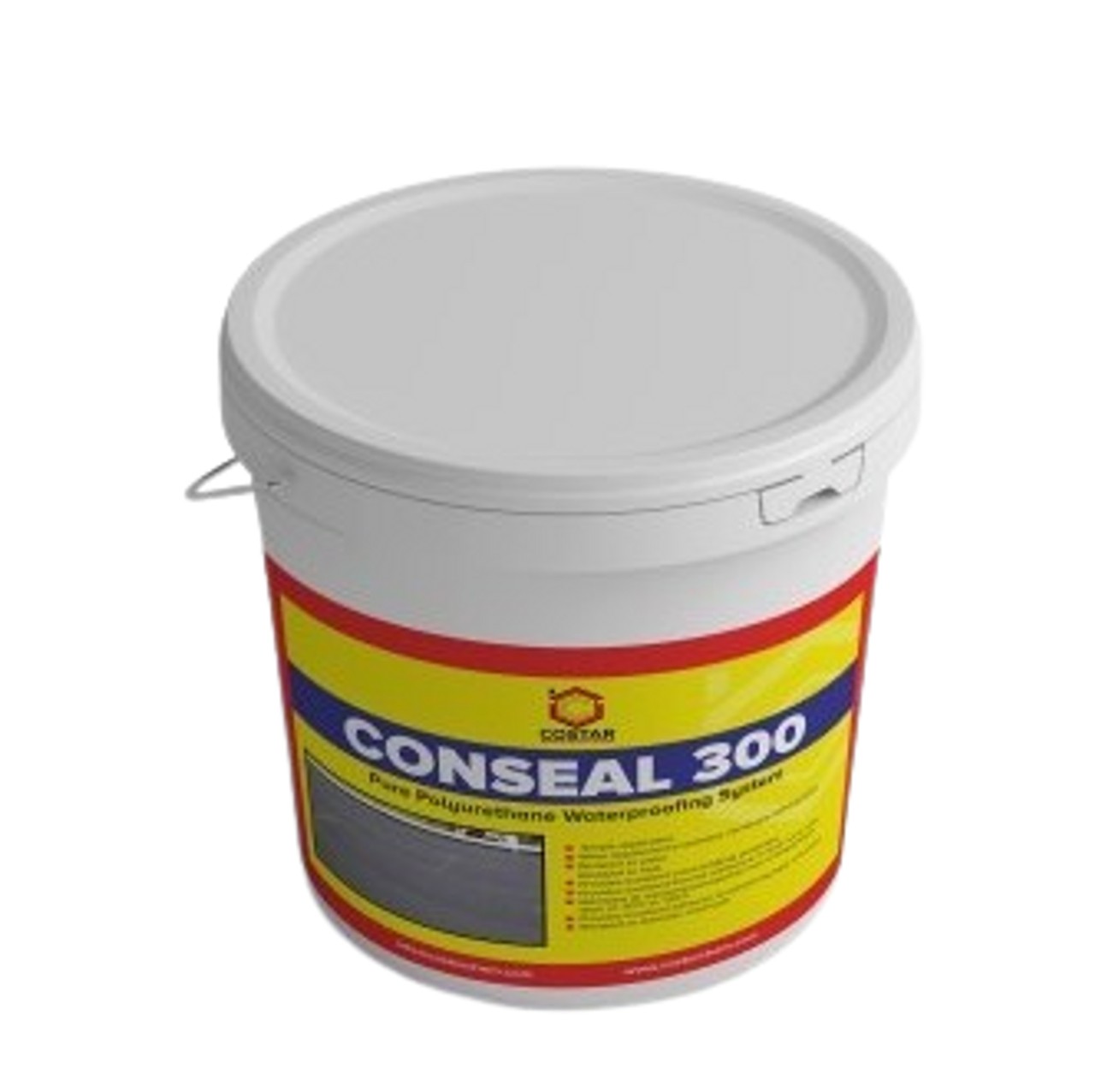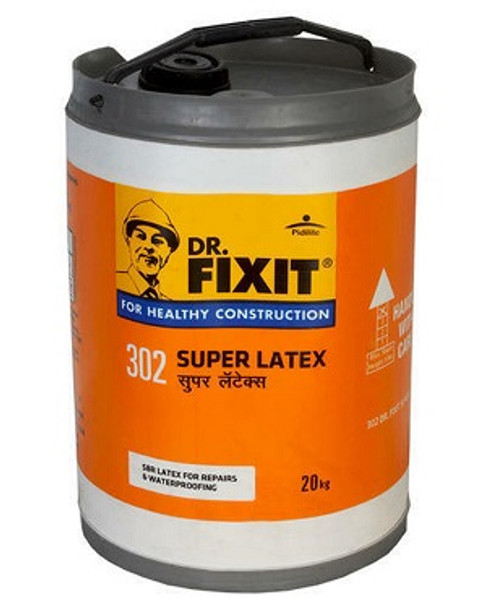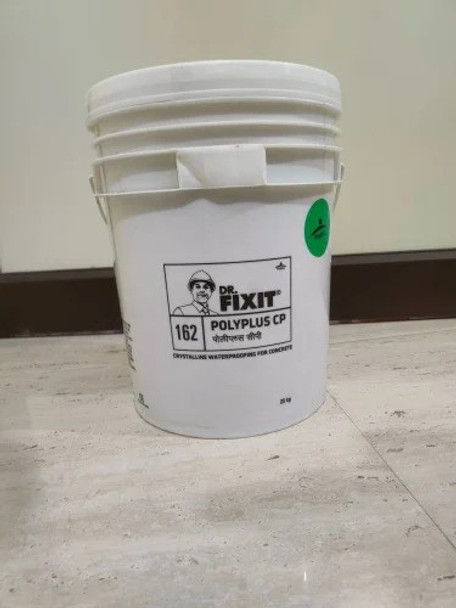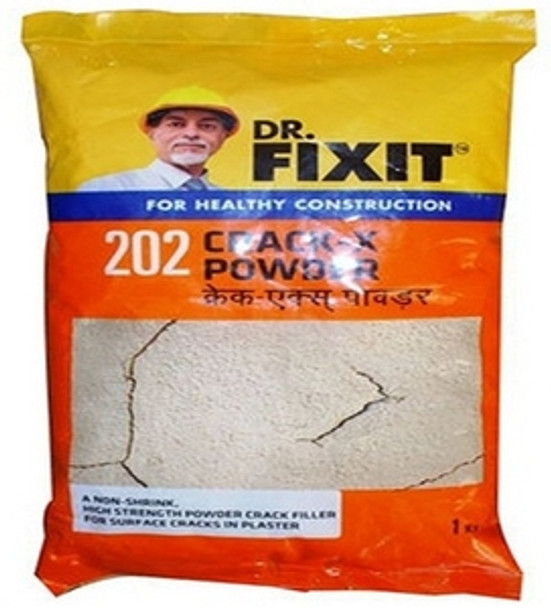The Role of Construction Chemicals in Enhancing Building Durability
Key Takeaways
Introduction
In the modern construction industry, the quest for building durability and longevity has become increasingly important as urbanization and infrastructure demands grow. One of the pivotal elements contributing to this enhanced durability is the strategic use of construction chemicals. These specialized substances, ranging from admixtures to sealants and coatings, play a critical role in fortifying building materials and structures. By integrating construction chemicals into the building process, engineers and architects can significantly improve the resilience of structures against environmental stresses, chemical exposure, and mechanical wear.
This guide explores the various types of construction chemicals, their impact on building durability, and the innovative solutions they offer to meet the challenges of modern construction and how construction chemicals not only augment the inherent properties of construction materials but also contribute to overall structural integrity, operational efficiency, and long-term cost savings. Understanding the role of these chemicals is essential for achieving high-performance buildings that stand the test of time.
COSTAR Conseal 300 Bitumen Emulsion Waterproofing Chemical
Types of Construction Chemicals
1. Admixtures
Definition and Types: Admixtures are substances added to concrete or mortar to modify its properties, such as setting time, workability, or strength. Common types include water-reducing admixtures, superplasticizers, and air-entraining agents.
Role in Enhancing Durability: Admixtures play a crucial role in improving the strength and durability of concrete by reducing water content, increasing resistance to environmental factors, and enhancing the overall quality of the mix. For example, superplasticizers allow for the production of high-strength concrete, essential for large-scale construction projects.
2. Sealants and Adhesives
Importance: Sealants and adhesives are essential for preventing moisture penetration, providing structural bonding, and ensuring long-term durability. They are used in various applications, including sealing joints, bonding materials, and protecting surfaces from environmental damage.
Applications: In construction, sealants are commonly used in windows, doors, and façade joints to prevent water ingress, while adhesives are used to bond different materials such as tiles, panels, and insulation boards.
3. Waterproofing Chemicals
Types and Applications: Waterproofing chemicals are used to prevent water from penetrating building materials, which can lead to structural damage, mold growth, and deterioration over time. Common waterproofing solutions include liquid-applied membranes, coatings, and integral waterproofing admixtures.
Impact on Building Durability: Waterproofing chemicals are crucial for maintaining the integrity of buildings, especially in areas prone to high humidity or heavy rainfall. By preventing water infiltration, these chemicals help extend the lifespan of structures and reduce maintenance costs.
4. Flooring Compounds
Types and Benefits: Flooring compounds, such as epoxy and polyurethane, provide durable and long-lasting surfaces for industrial and commercial applications. These compounds offer excellent resistance to abrasion, chemicals, and heavy loads, making them ideal for high-traffic areas.
Applications: Epoxy flooring is commonly used in warehouses, factories, and hospitals due to its durability and ease of maintenance, while polyurethane is preferred for areas requiring flexibility and impact resistance.
5. Protective Coatings
Use and Benefits: Protective coatings are applied to building surfaces to protect against environmental factors such as corrosion, fire, and weathering. These coatings can significantly extend the lifespan of structures by providing an additional layer of protection.
Common Types: Anti-corrosion coatings are widely used in industrial applications to protect steel structures, while fire-resistant coatings are essential for ensuring the safety of buildings in case of fire.
Dr. Fixit 302 Super Latex
Impact of Construction Chemicals on Building Durability
1. Improved Strength and Load-Bearing Capacity
Admixtures and Reinforcements: The use of high-quality admixtures and reinforcements enhances the structural integrity of buildings, allowing them to withstand greater loads and resist damage over time.
2. Enhanced Resistance to Environmental Factors
Protection Against Moisture, UV Radiation, and Chemicals: Construction chemicals like sealants, waterproofing agents, and protective coatings offer superior protection against environmental factors, preventing premature deterioration of building materials.
3. Extended Lifespan of Structures
Case Studies and Examples: Numerous case studies demonstrate how the application of construction chemicals has resulted in increased durability and reduced maintenance needs, leading to significant cost savings in the long run.
4. Sustainability Considerations
Eco-Friendly Chemicals: The development and use of eco-friendly construction chemicals are essential for sustainable building practices. These chemicals reduce the environmental impact of construction activities while maintaining high performance and durability.
Applications of Construction Chemicals in Different Building Types
1. Residential Buildings
Common Chemicals Used: In residential construction, waterproofing chemicals, adhesives, and protective coatings are frequently used to ensure the long-term durability of homes. These chemicals are particularly important in areas like basements, bathrooms, and rooftops where moisture exposure is high.
Importance for Long-Term Durability: The application of construction chemicals in residential buildings helps reduce the need for frequent repairs and maintenance, thereby increasing the overall lifespan of the structures. For example, using high-quality waterproofing solutions in basements can prevent water seepage and potential structural damage.
2. Commercial Buildings
High-Performance Solutions: Commercial buildings, such as office complexes, shopping malls, and hospitals, require high-performance construction chemicals to withstand heavy usage and traffic. Sealants, flooring compounds, and protective coatings are essential to maintain the appearance and integrity of these structures over time.
Benefits in High-Traffic Areas: The use of durable flooring compounds like epoxy and polyurethane is crucial in areas that experience high foot traffic, such as lobbies, corridors, and parking garages. These compounds not only enhance the durability of the floors but also contribute to the safety and aesthetic appeal of the building.
3. Industrial Structures
Specialized Chemicals for Heavy-Duty Applications: Industrial buildings, such as factories, warehouses, and processing plants, require specialized construction chemicals that can withstand extreme conditions, including chemical exposure, high temperatures, and heavy machinery. Protective coatings, anti-corrosion treatments, and high-strength adhesives are commonly used in these environments.
Ensuring Durability Under Extreme Conditions: In industrial settings, the use of anti-corrosion coatings on steel structures and machinery is vital to prevent rust and degradation. This not only extends the life of the equipment but also ensures the safety and efficiency of the operations.
4. Infrastructure Projects
Role of Construction Chemicals in Public Infrastructure: Large-scale infrastructure projects, such as bridges, tunnels, and highways, rely heavily on construction chemicals to ensure long-term durability and safety. Admixtures, waterproofing systems, and protective coatings are essential in these projects to withstand environmental stresses and heavy usage.
Long-Term Durability and Safety: The application of construction chemicals in infrastructure projects helps reduce the frequency of repairs and maintenance, leading to cost savings and ensuring the safety and reliability of public structures.
Dr Fixit Polyplus CP
Challenges in the Use of Construction Chemicals
1. Proper Application and Quality Control
Importance of Skilled Labor: The effectiveness of construction chemicals largely depends on their proper application. Skilled labor and adherence to quality control standards are crucial to ensure that the chemicals perform as intended and contribute to the durability of the structure.
Potential Risks of Misapplication: Improper application of construction chemicals can lead to issues such as inadequate bonding, incomplete waterproofing, or ineffective protection against environmental factors. This can compromise the durability of the building and lead to costly repairs.
2. Environmental and Health Concerns
Addressing Hazards: While construction chemicals offer significant benefits, they also pose potential environmental and health risks. The use of toxic or non-biodegradable chemicals can harm the environment and pose health hazards to workers and occupants.
Ensuring Safe Use: It is essential to choose construction chemicals that are environmentally friendly and safe to use. Manufacturers and contractors must comply with regulations and guidelines to minimize the impact of these chemicals on the environment and human health.
3. Cost Considerations
Balancing Initial Costs with Long-Term Savings: While high-quality construction chemicals may have a higher upfront cost, they can lead to significant long-term savings by reducing the need for repairs and maintenance. The investment in durable and effective chemicals is justified by the extended lifespan and improved performance of the building.
Cost-Effective Solutions: Contractors and builders should consider the long-term benefits of using construction chemicals and opt for solutions that provide the best value for money without compromising on quality or durability.
Future Trends in Construction Chemicals
1. Innovation in Sustainable Chemicals
Development of Eco-Friendly Solutions: The construction industry is increasingly focusing on sustainability, leading to the development of eco-friendly construction chemicals. These products are designed to reduce the environmental impact while maintaining or improving performance. For instance, bio-based admixtures and low-VOC (volatile organic compounds) coatings are gaining popularity as they align with green building practices.
Adoption of Green Building Standards: As more countries and organizations adopt green building standards like LEED (Leadership in Energy and Environmental Design), the demand for sustainable construction chemicals is expected to rise. This trend encourages manufacturers to innovate and produce chemicals that meet stringent environmental criteria.
2. Advancements in Nanotechnology
Nanomaterials in Construction Chemicals: Nanotechnology is paving the way for the next generation of construction chemicals. Nanomaterials can enhance the properties of traditional construction chemicals, such as increasing the strength and durability of concrete or providing superior waterproofing. These advancements offer new possibilities for improving building performance and longevity.
Potential Impact on Durability: The incorporation of nanotechnology in construction chemicals can lead to significant improvements in the durability of structures. For example, nano-coatings can provide ultra-thin, yet highly effective protective layers that enhance resistance to wear, corrosion, and environmental damage.
3. Smart Construction Chemicals
Integration with Smart Technologies: The future of construction chemicals also includes smart materials that can respond to environmental changes or self-repair when damaged. These intelligent chemicals can help detect structural weaknesses early and automatically trigger repairs, ensuring that buildings remain durable and safe over time.
Benefits for Maintenance and Monitoring: Smart construction chemicals could revolutionize building maintenance by enabling real-time monitoring and automated maintenance processes. This innovation would lead to more efficient and cost-effective management of building durability.
Dr. Fixit 202 Crack-X Powder
Frequently Asked Questions
1. What types of construction chemicals are available at GZ Industrial Supplies?
GZ Industrial Supplies offers a comprehensive range of construction chemicals, including concrete admixtures, waterproofing agents, sealants, bonding agents, and protective coatings. Our products are designed to enhance various aspects of building durability and performance.
2. How do I choose the right construction chemical for my project?
Our team of experts at GZ Industrial Supplies is available to help you select the appropriate construction chemicals based on your specific project requirements. We consider factors such as material type, environmental conditions, and desired outcomes to recommend the best solutions.
3. Are your construction chemicals environmentally friendly?
Yes, many of the construction chemicals we offer are formulated with sustainability in mind. We provide products that reduce environmental impact, improve energy efficiency, and contribute to the overall sustainability of your construction projects.
4. Do you offer technical support for using construction chemicals?
Absolutely. GZ Industrial Supplies provides full technical support, including product application guidance, troubleshooting, and ongoing assistance to ensure you achieve optimal results with our construction chemicals.
5. Can I purchase construction chemicals in bulk from GZ Industrial Supplies?
Yes, we offer bulk purchasing options for all our construction chemicals. Whether you're working on a small project or a large-scale construction site, we can supply the quantities you need at competitive prices.
Related Articles
Where to Buy Construction Chemicals in Nigeria
Maximizing Efficiency: Advanced Techniques in Construction Chemical Usage
Why Quality Construction Chemicals are Crucial for your Projects
The Role of Industrial Chemicals in Water Treatment Processes
Conclusion
Construction chemicals are indispensable in modern construction, offering solutions that enhance the durability, safety, and sustainability of buildings. From residential homes to large-scale infrastructure projects, these chemicals play a critical role in ensuring that structures can withstand the test of time and environmental challenges.
The integration of construction chemicals into building practices is crucial for enhancing the durability and longevity of structures. These innovative solutions offer significant benefits, including improved structural integrity, resistance to environmental factors, and extended material lifespan. By leveraging the power of construction chemicals, builders and contractors can achieve more resilient and cost-effective projects, ensuring that structures remain robust and reliable for years to come.
For those looking to explore a wide range of high-quality construction chemicals and solutions tailored to your specific needs, visit GZ Industrial Supplies. Our extensive product offerings and expert advice can help you select the right chemicals to boost your project's durability and performance. Contact us today to learn more about how we can support your construction goals and enhance the longevity of your builds.

